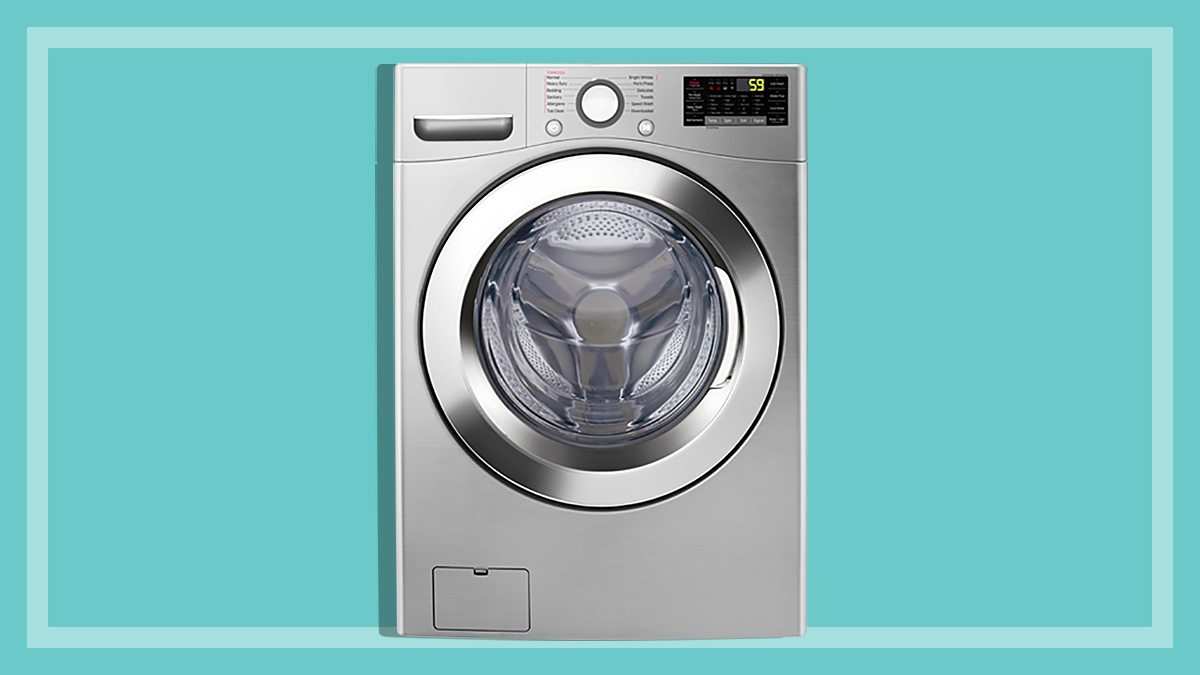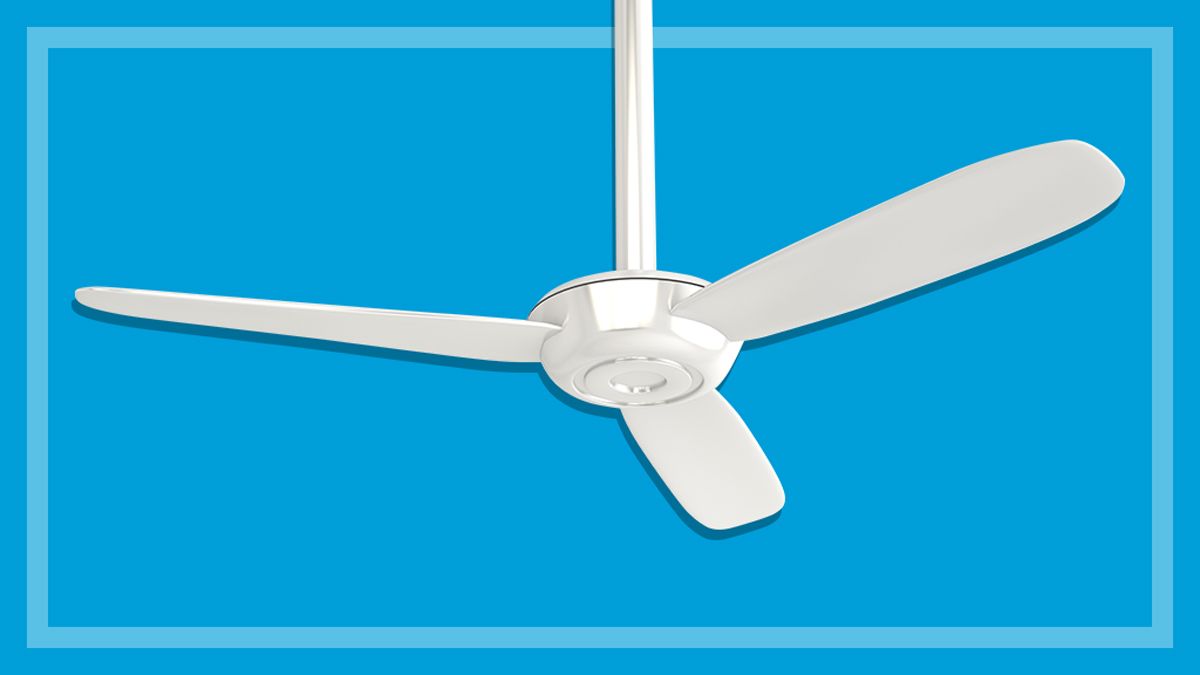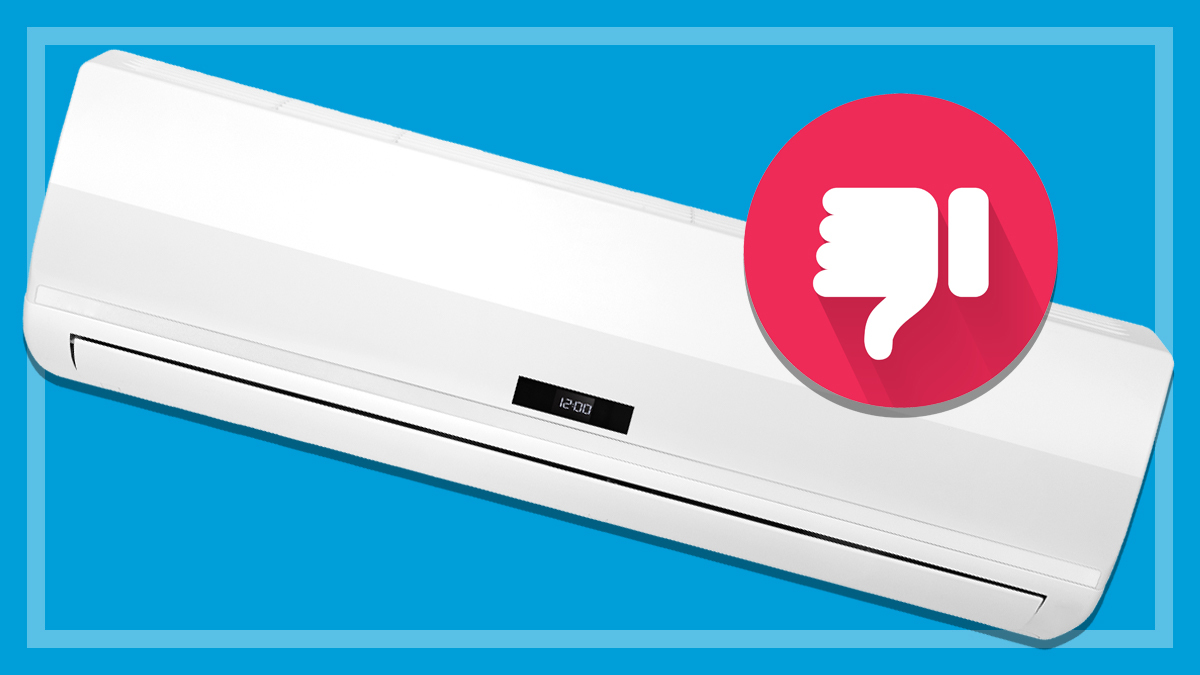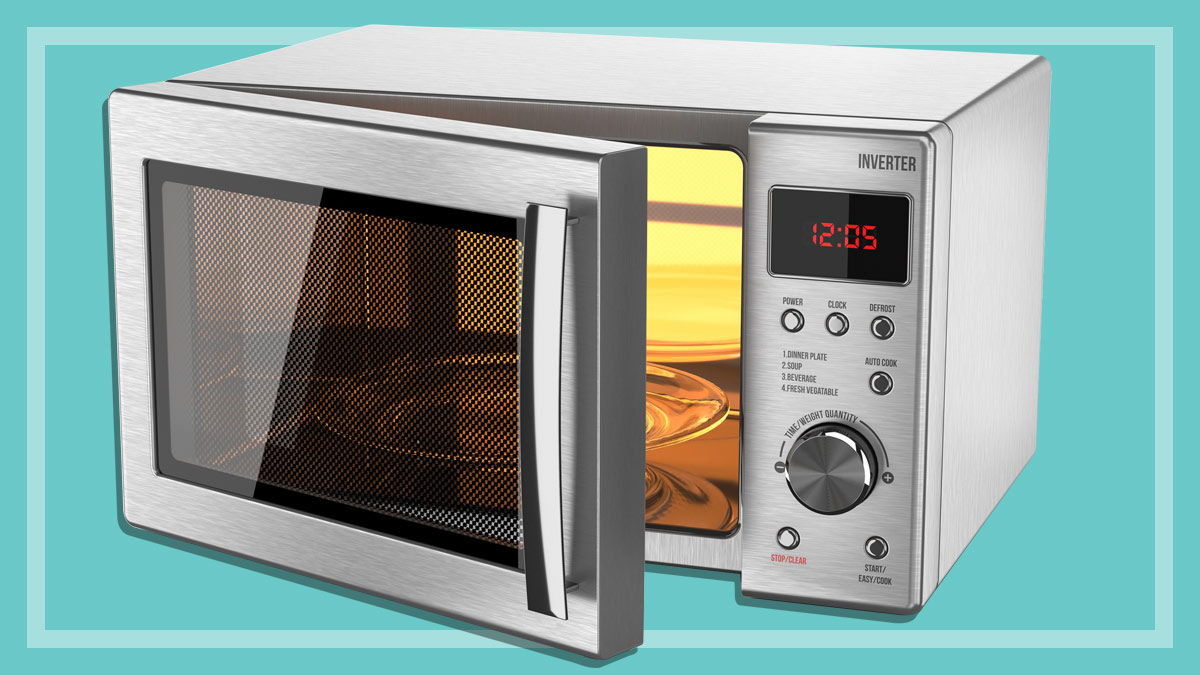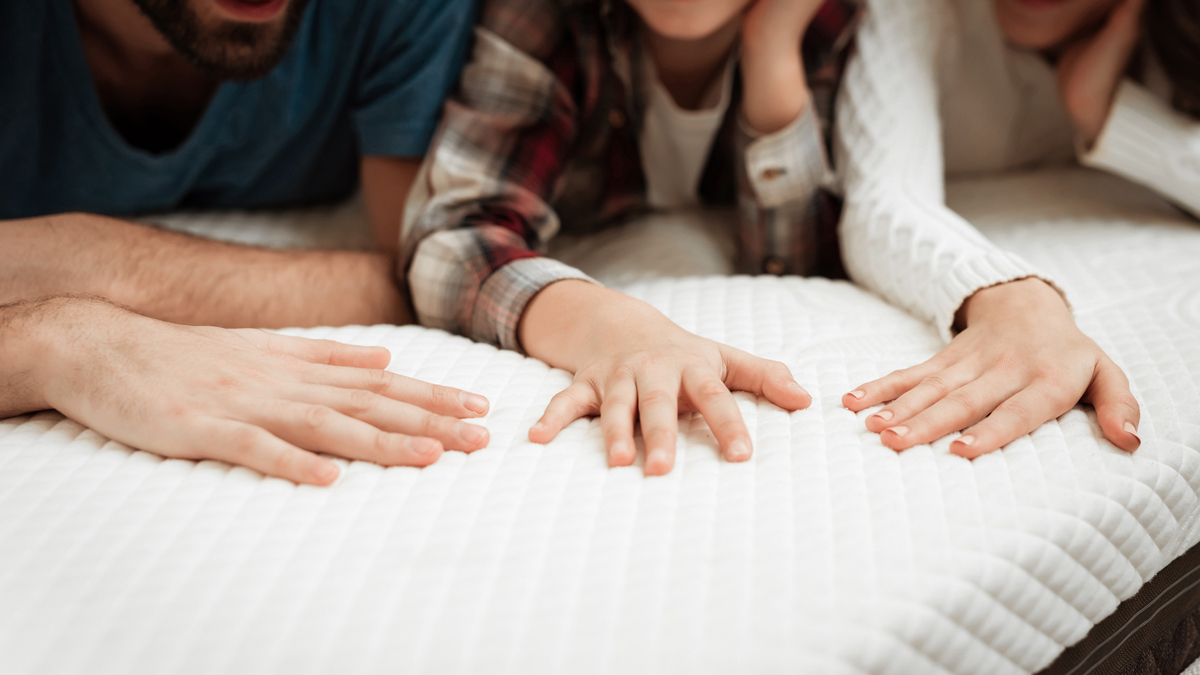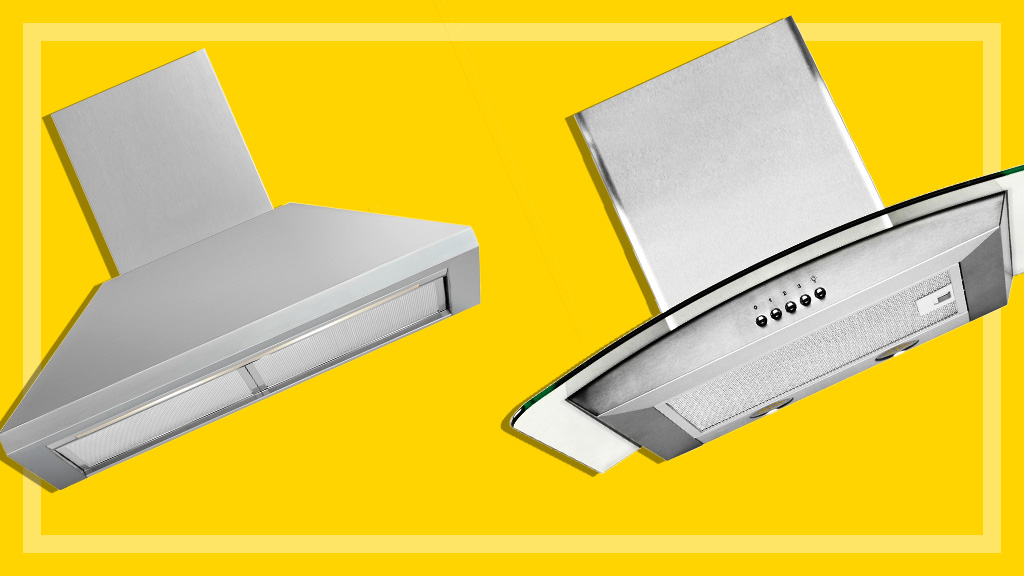Get our independent lab tests, expert reviews and honest advice.
How to keep your towels soft and fluffy
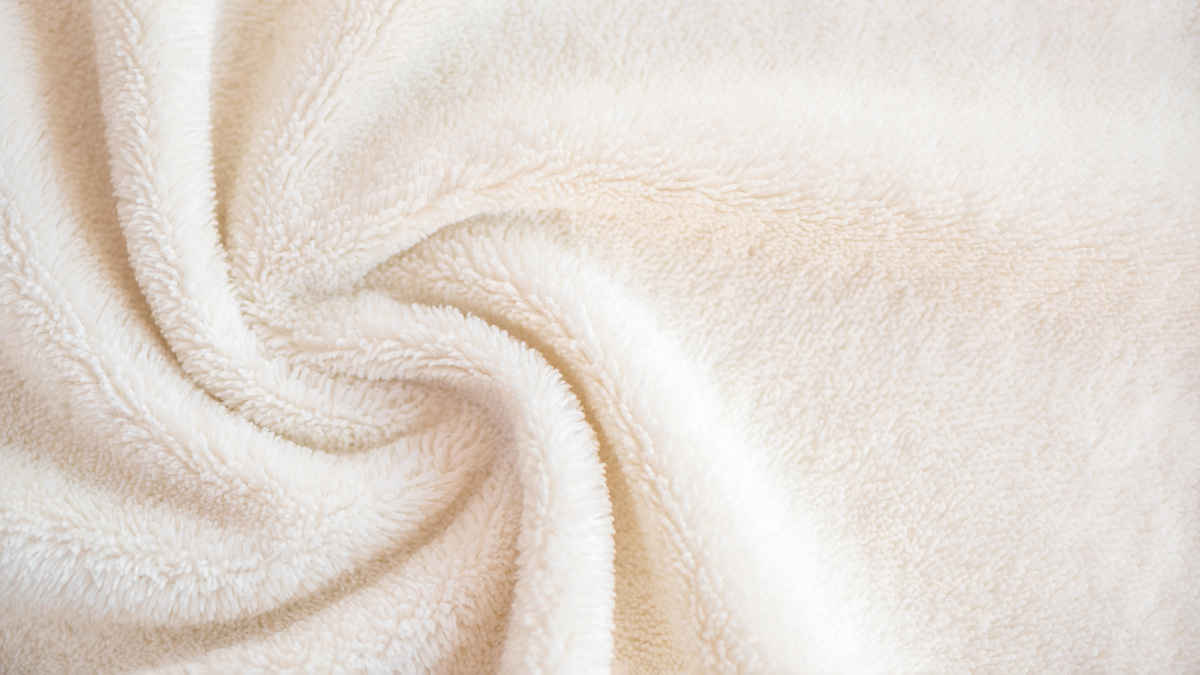
Scratchy, stiff towels are the worst. When you step out of the steaming shower you want to envelop yourself in a soft, fluffy blanket of plush cotton not a crunchy sandpaper-like sheet.
Turns out there are few things you might be doing to your laundry that are affecting the fluff-factor on your towels, such as using too much detergent, using fabric softeners (seems counter-intuitive, right?) or, unfortunately, using water-efficient cycles on your washing machine. Our experts recommend a few tweaks you can make to your laundry routine that will help you on your way to terrifically soft towels.

Is your washing machine the crunchy towel culprit?
CHOICE laundry expert Ashely Iredale says: “Although it’s a plus that front loaders use less water than top-loaders, it’s not great news if you want very soft towels. That’s because the clothes are generally tumbling through just a little water rather than floating through lots of it, like they would in an older-style top loader. To get the fibres nicely fluffed up, your towels must be immersed in water.”
“Another reason could be that your front loader uses too little water for the rinse, leaving detergent residues in the wash,” says Ashley.
So, what can you do about it? Start with reducing the amount of detergent you are using. “Using too much detergent will cause more build-up on your towels which can reduce softness,” says Ashley.
To get the fibres nicely fluffed up, your towels must be immersed in water
Ashley Iredale, CHOICE laundry expert
And while we don’t want anyone to waste water, you do need to ensure your towels are getting a good rinse. So, try separating your load and adding an extra rinse cycle when you wash your towels, or opting for a more gentle cycle that uses more water.
If you’re buying a new washing machine, look for one that scores well on ‘rinse effectiveness’ in our expert CHOICE reviews so you know your washer is effectively washing detergents out of your laundry.
Ashley also says: “Modern front loaders have much higher spin speeds than the washers of yore. High spin speeds are good news if you’re going to be putting your towels through a clothes dryer, as your clothes will dry faster, saving you money in running costs. But they also flatten the pile on your towels, so they’re less soft and fluffy. If you’re line drying, you might want to dial the spin speed down a bit.”
Will using fabric softener make my towels soft and fluffy?
There’s a whole host of fabric softener products emblazoned with cosy-sounding adjectives – cuddly, fluffy, comfort, etc – that you would think are a must for soft, pillowy towels, right? Not so. In fact, our experts say they’re a waste of money.
They advise against using fabric softeners, because not only are they expensive and bad for the environment, they coat your towels in filmy chemicals which reduce their absorbency and may mean you need to wash them more frequently. And more frequent washing equals… towels that aren’t as soft.
Instead, Ash recommends adding half a cup of vinegar to your fabric softener dispenser.
What’s the best way to dry towels for ultimate fluffiness?
As we mentioned above, Ashley first recommends lowering the spin speed of the drying cycle in your washing machine, as the higher spin speeds tend to flatten towel fibres, making them feel hard.
Putting your towels through the dryer can make them fluffier, but using the dryer to fully dry your washing all the time uses up energy and can be expensive. Plus, it can also damage the material of your towels which means they may not last as long.
It’s best to either alternate between tumble drying and line drying
So, it’s best to either alternate between tumble drying and line drying, or, if you are drying your towels on the line, you could consider taking them off while they’re still a little damp and giving them a quick spin in the dryer.
Ashley says that doing it the other way around will also work: “After washing, shake your towels out vigorously, or put them in the dryer on the cooling cycle for a few minutes before hanging them out to dry.”
Should you use dryer balls?
The idea behind dryer balls (or the old-school method of chucking a few tennis balls into the dryer with your load) is that they increase air circulation to cut down on drying time, and help fluff your clothes and smooth fibres.
Our CHOICE experts tested a range of dryer balls currently available and found they didn’t decrease the drying time or the energy used. They didn’t test whether they made the laundry softer, however as the balls didn’t deliver on some of their marketed promises, they don’t recommend you spend your money on them. Our experts don’t see any issue with throwing a few old tennis balls in with your towels to see if it works, though!

